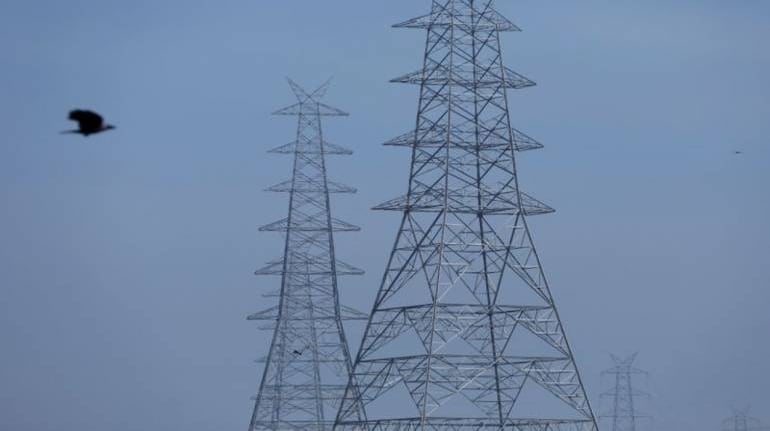



Farmers protesting at the Singhu border dividing Delhi and Haryana for more than nine months now against the three farm laws are also opposed to the Electricity (Amendment Bill) 2021 on the ostensible ground that power being on the concurrent list, states would be progressively marginalised in administering it.
It among other things seeks to establish an Electricity Contract Enforcement Authority (ECEA), which will enforce a performance of contracts in sale, purchase and transmission of power, and proposes the Direct Benefit Transfer (DBT), a scheme launched in 2013 aiming to transfer subsidies directly into the beneficiaries’ accounts.
Punjab, the quintessential agrarian state, has been giving power free to its farmers for decades now, though it is admittedly not alone in showering this largesse. Therefore, its farmers spearheading the movement are up in arms against the proposed amendment.
The DBT inculcates discipline as the money received by way of subsidy is limited and fungible (usable for whatever purpose the beneficiary desires), whereas free power inherently is wasteful as human tendency is to be blasé about anything free. Under the existing regime, state governments compensate discoms the losses purporting to arise out of the unbilled power to farmers.
Water gushing out of pump sets in agrarian fields is mistakenly associated with a sign of prosperity, but take a closer look and that water more often than not comes from a bore well dug 100 or 200 feet down. This is at once a sad commentary on both electricity and water usage, and its pricing. It is not Punjab alone that is fiercely opposed to farm laws as well as the electricity Bill, even though former Punjab chief minister Amarinder Singh was the first one to denounce them as anti-small farmer. On September 15, 2020 the Telangana Legislative Assembly unanimously adopted a resolution against the Bill. The All India Power Engineers Federation (AIPEF) held a protest on November 26 opposing the privatisation of discoms (distribution companies) which is the centrepiece of the proposed Bill.
While it is true that privatisation of distribution is no silver bullet much less the panacea for the ills plaguing India’s power sector, it is equally true that discoms being the last mile deliverers must be closer to ground, and ground realities, which unfortunately is not the case when government electricity boards benignly lord over consumers inflicting power cuts and other inefficiencies along.
Furthermore, private discoms are answerable to their shareholders, unlike the faceless government electricity boards. While the latter can stoically bear the losses arising out of free supply of power partially compensated by the state government, private players will like to be paid fully and directly by the users.
The Delhi government has been pampering its denizens with free power on the first 200 units every month just as it gives 700 litres of free water every month to each household. This is an example of non-merit, untargeted subsidy. Subsidies, if at all, must be targeted at the deserving, namely the economically weaker sections in society. The Delhi model, on the contrary, makes no distinction between the well-heeled and the indigent, besides making private discoms supplicants before the mighty state government. Tamil Nadu Finance Minister Palanivel Thiagarajan rightly points out the drawbacks in his own state’s subsidy model — indiscriminate showering of freebies on both the rich and the poor in the absence of data.
Critics would turn around and say that Scandinavian countries give free education and healthcare to everyone, rich or poor, and thus there is nothing wrong in free supply of electricity and water to everyone. This argument ignores the fact that these nations impose steep income tax of close to 40 percent, the burden of which falls mainly on the rich — thereby justifying a freewheeling freebie.
The main plank of the DBT is targeting. Beneficiaries can be identified based on their economic status. Cooking gas subsidy reform is now working reasonably well after a switch was made to the DBT. No business should be made to supply free, and then wait endlessly and fretfully for the government to reimburse the resultant loss, and that too in many cases partially. Subsidy is an arrangement between citizens and the government. Businesses should not get embroiled in it.
S Murlidharan is a chartered accountant and columnist. Views are personal and do not represent the stand of this publication.Discover the latest Business News, Sensex, and Nifty updates. Obtain Personal Finance insights, tax queries, and expert opinions on Moneycontrol or download the Moneycontrol App to stay updated!
Find the best of Al News in one place, specially curated for you every weekend.
Stay on top of the latest tech trends and biggest startup news.